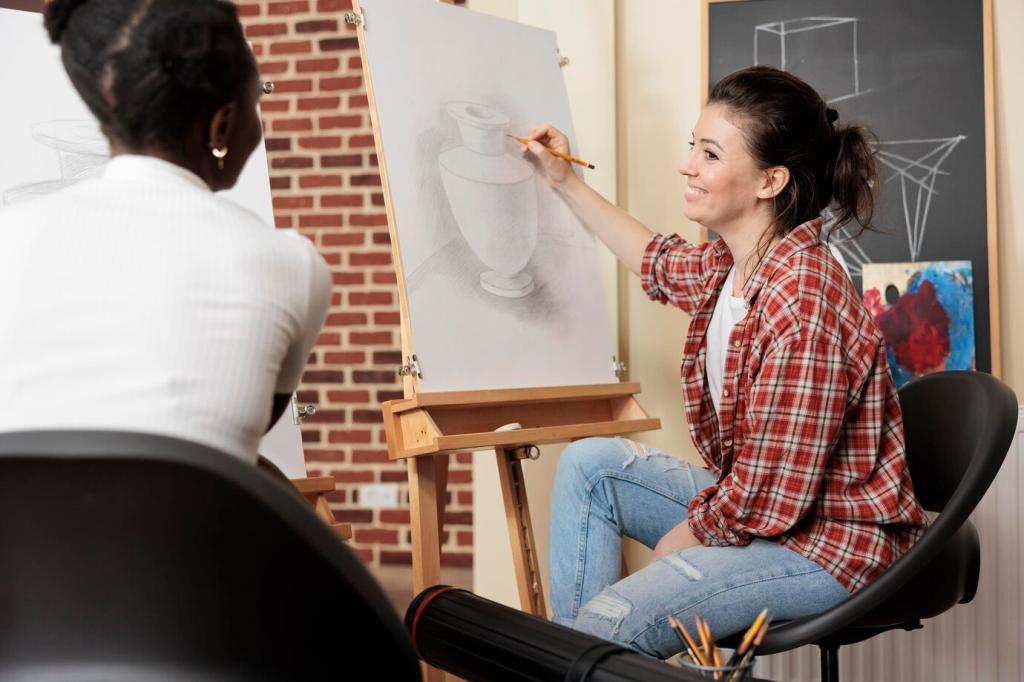Future Living: The Evolution of Minimalism Through Workshops
Today’s chosen theme: Future Living — The Evolution of Minimalism Through Workshops. Step into a hands-on movement where minimalism stops being a look and becomes a lived practice shaped by learning circles, lab-like classes, and community experiments.

Why Minimalism Is Evolving Now
The Bauhaus taught us to unite craft with life; today’s minimalist workshops inherit that ethos. Short, intensive bootcamps translate principles like functional beauty, restraint, and material honesty into routines you can practice at home, not just admire in glossy photographs.
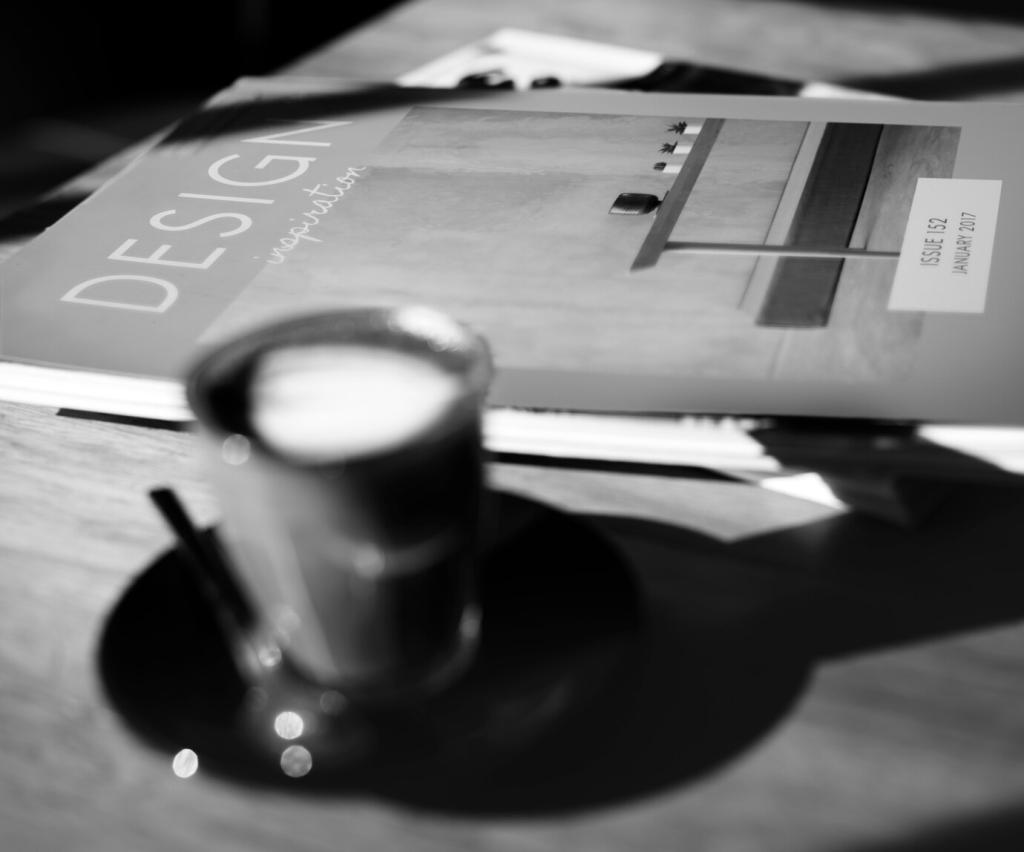
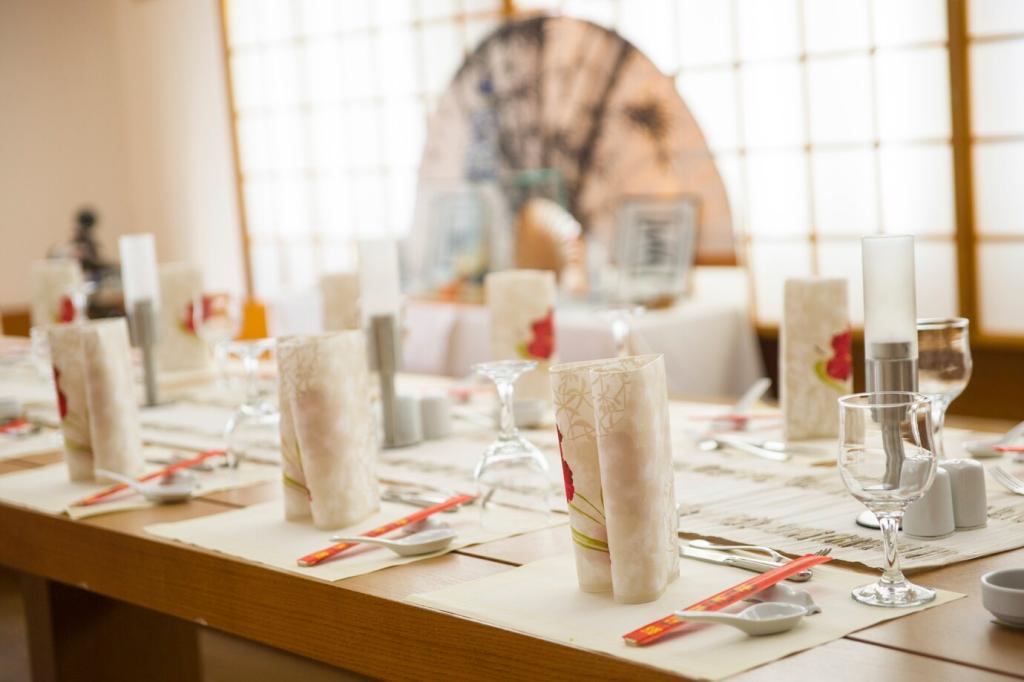
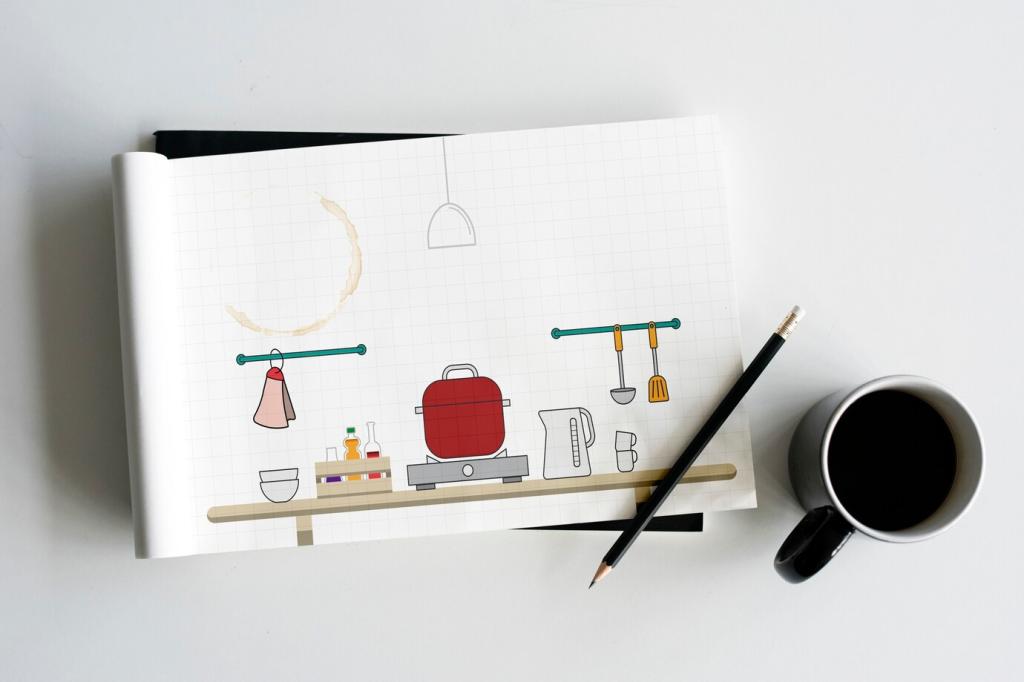
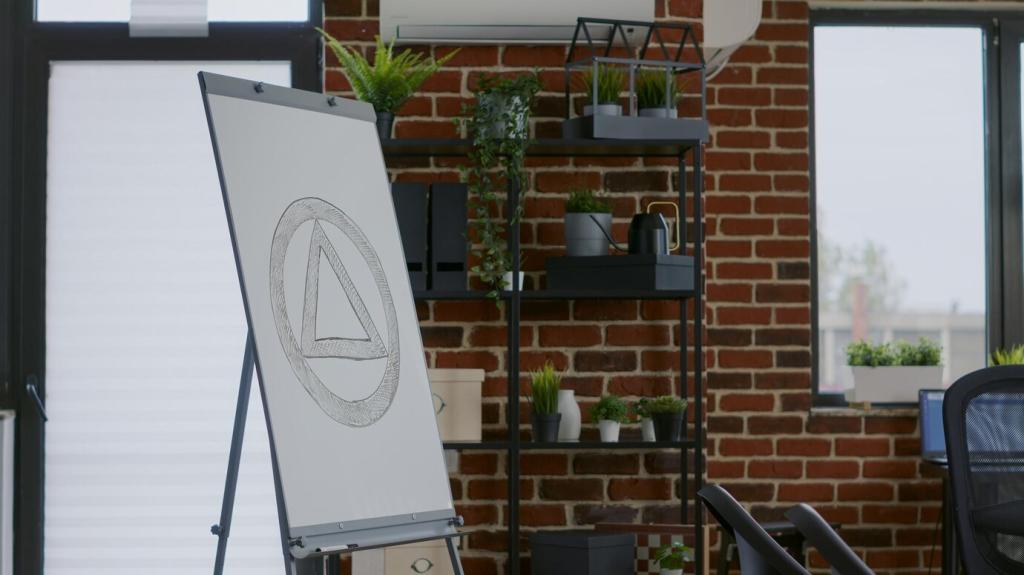
Decluttering the Screen
Participants map their digital ‘stuff’ like a floor plan: tabs, folders, unread badges. Then they prune with rules that feel humane—single‑purpose home screens, weekly archive sweeps, and a two-minute rule for naming files so future-you can actually find them without searching forever.
Mindful Notifications and the Two-Device Week
A cohort tries a two-device week: one phone, one laptop, no extras. With grouped notifications and scheduled check‑ins, anxiety drops. The surprise? People report deeper focus and more presence during chores, meals, and walks—everyday moments reclaimed from the churn of endless alerts.
Remote Cohorts, Real Gains
Even in fully remote workshops, shared dashboards track attention wins, like reclaimed hours and reduced context switching. One team halved their app sprawl, then invested the saved time into a community garden, proving digital minimalism can feed both calendars and tomatoes.
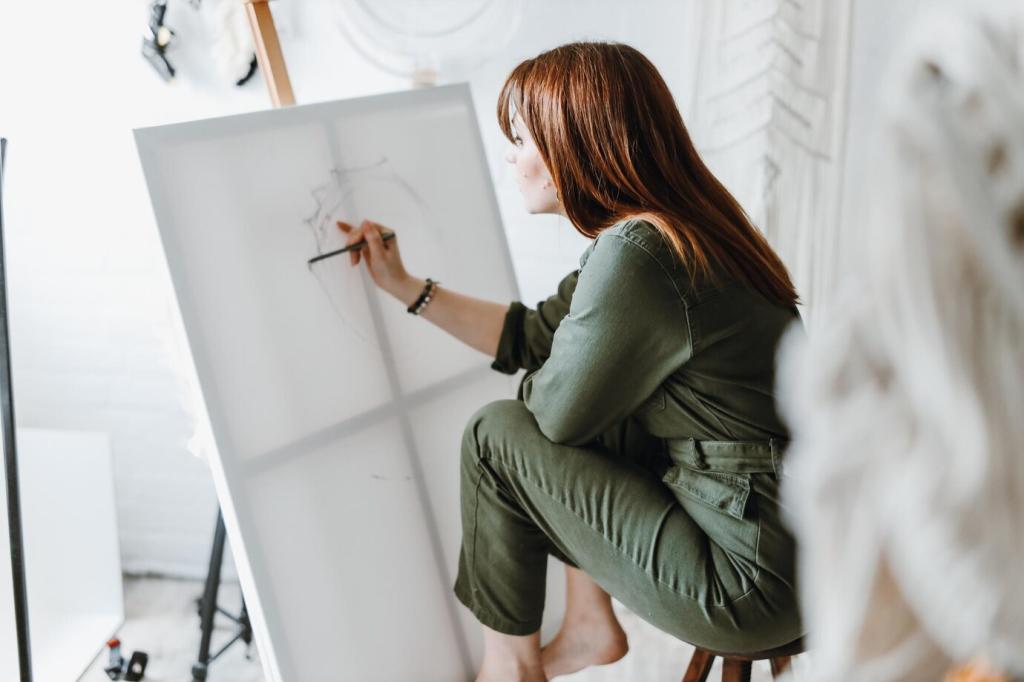
Co‑Living Charrettes Rewrite Floor Plans
Urban workshops host charrettes where roommates and neighbors redraw shared spaces. By placing bulk storage on edges and quiet zones in the heart, conflict declines. The best plans survive inspection day because everyone helped design the flow, not just the furniture.
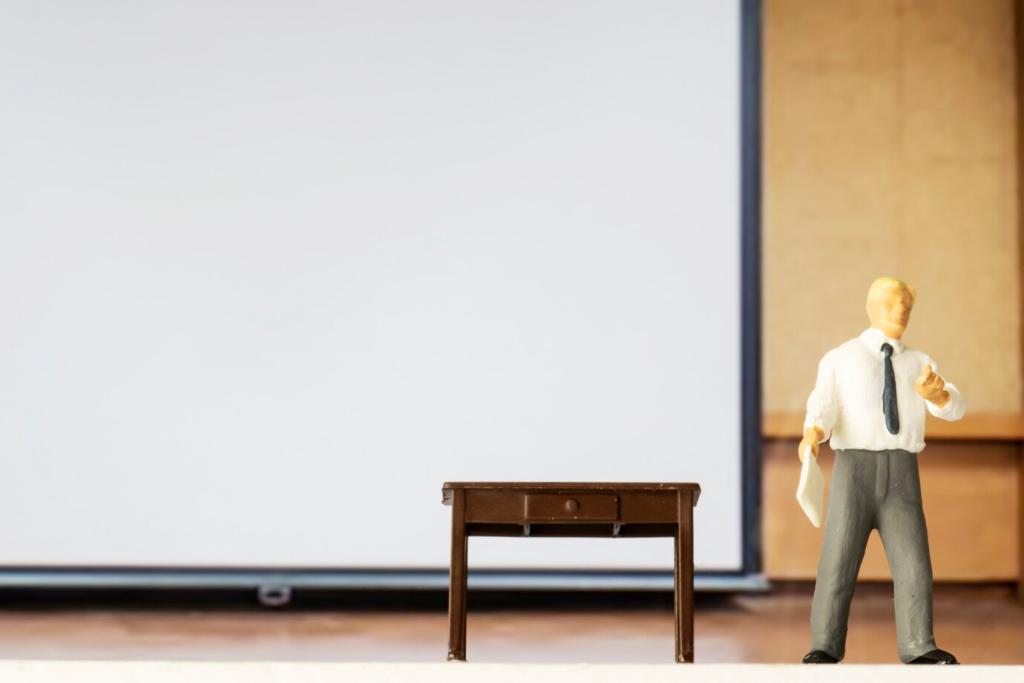
Intergenerational Skill Swaps
A grandparent teaches mending; a teen teaches password managers. That swap is more than cute—it keeps goods in use and establishes digital safety as a shared skill. Minimalism turns from austerity into care, honoring both memory and maintenance without hoarding either.
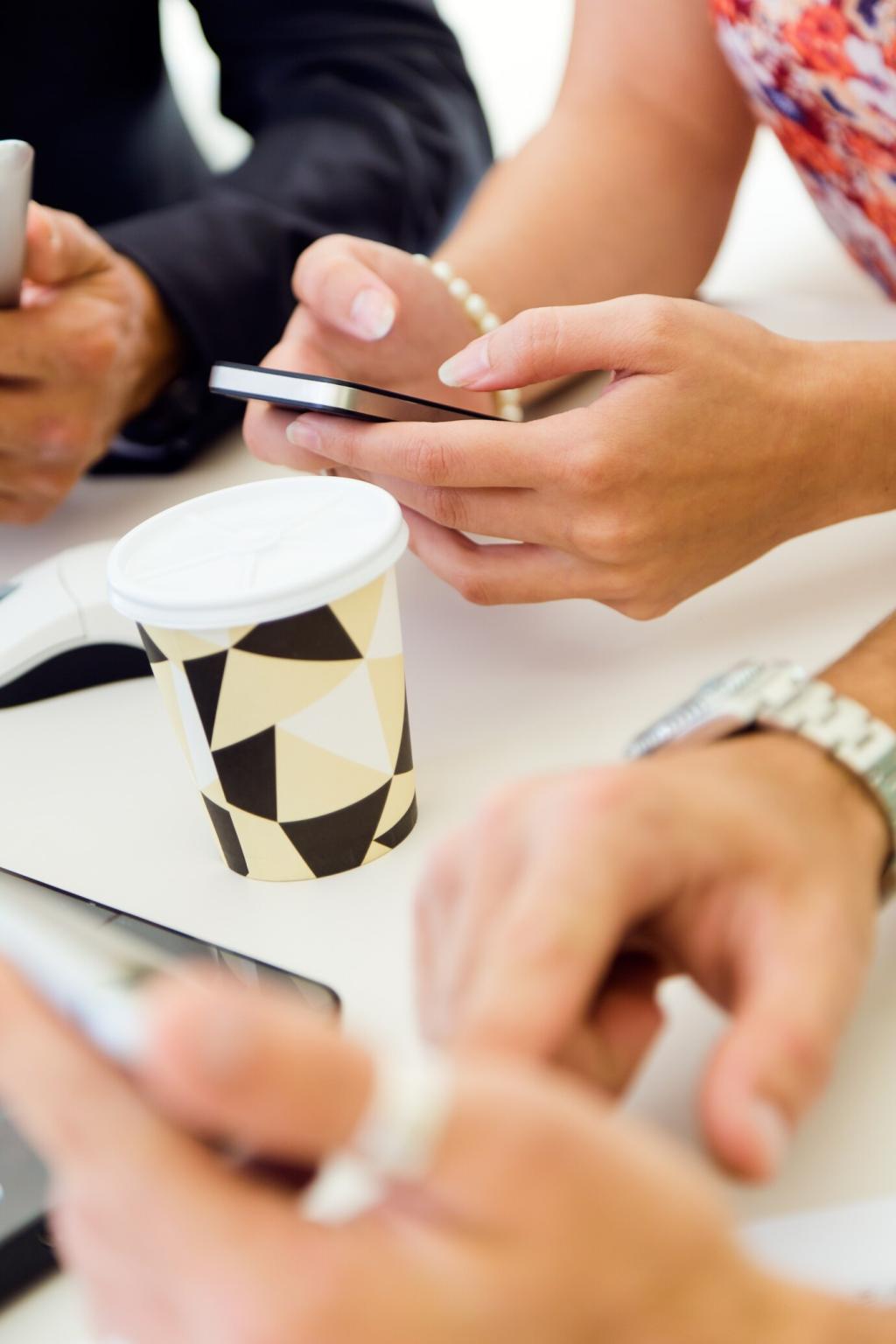
Repair Cafés as Ritual
Inspired by early repair cafés in Amsterdam, workshop pop‑ups pair broken toasters with curious hands. The ritual changes purchasing habits: when fixing is normal, cheap replacements feel expensive. People leave with working objects and lighter consciences, not just empty bins.
Rituals, Metrics, and Momentum
Instead of rigid caps, learners run an inventory sprint on one category—like kitchen tools—naming essentials, seasonals, and sentimental keepers. By focusing on function and frequency, the list shrinks naturally, without the backlash that strict minimalism often invites.
Rituals, Metrics, and Momentum
A class measures personal waste and energy, then treats those numbers like budget lines. Constraints guide creativity: choosing a library over buying, borrowing tools, or upgrading insulation before decor. The most loved outcomes are quieter bills and calmer closets, not just tidy shelves.

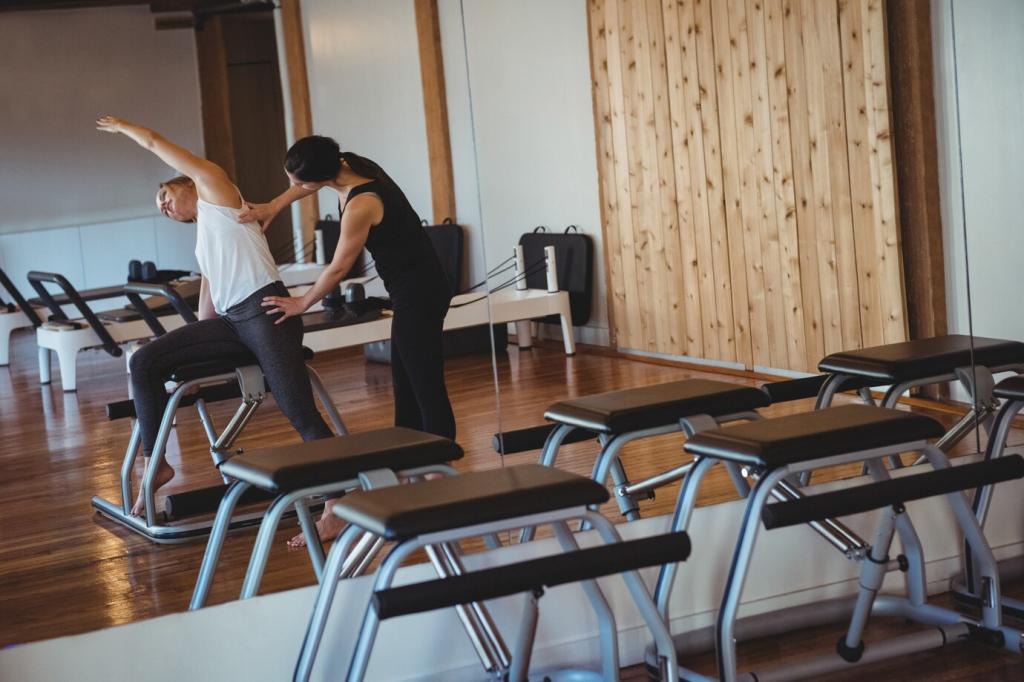
Join the Movement
Get practical templates, case studies, and prompts distilled from live workshops. We send only what’s useful and encouraging, so your inbox stays as calm as your countertops. Hit subscribe to keep your momentum when the week gets noisy and you need gentle direction.
Join the Movement
Post a photo pair or a short reflection about what changed after you tried a minimalist exercise. Tell us what surprised you, where you got stuck, and what you’ll keep. Your lived experience becomes someone else’s starter map for a lighter, kinder home.

